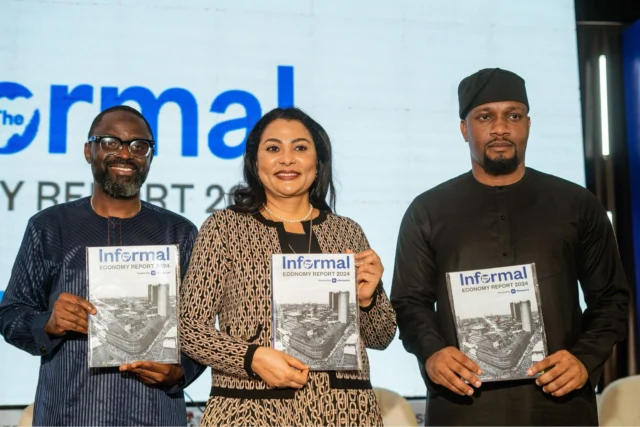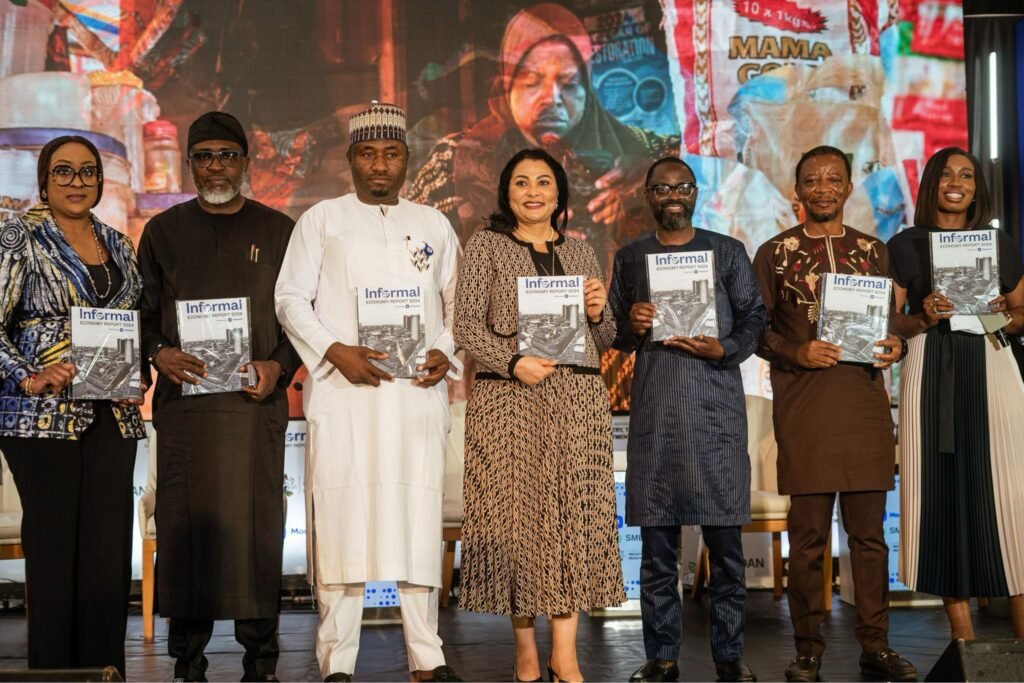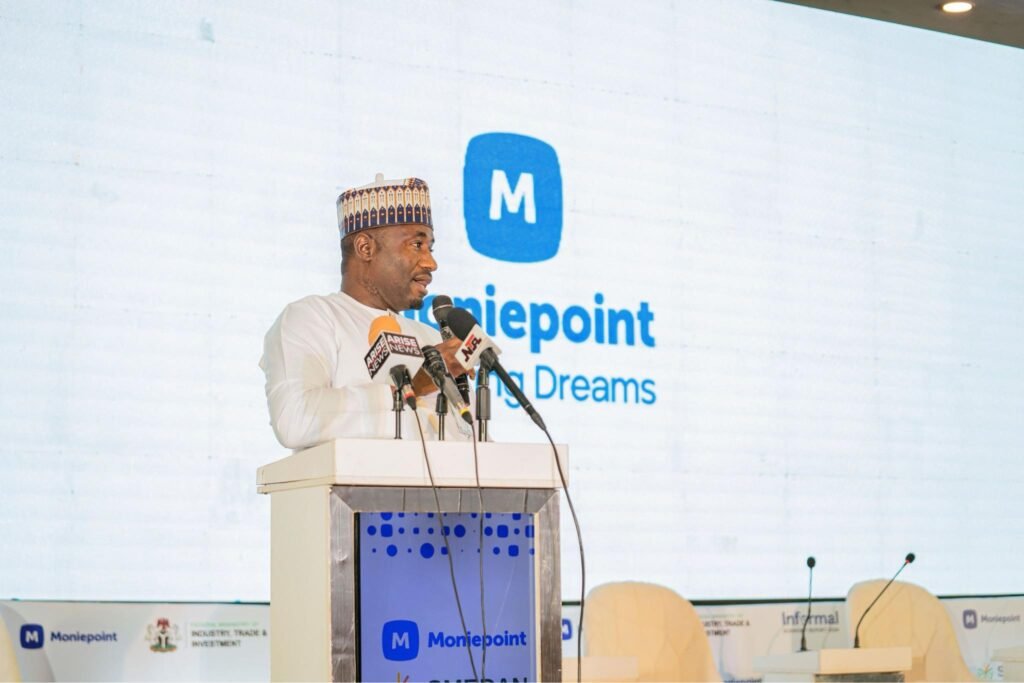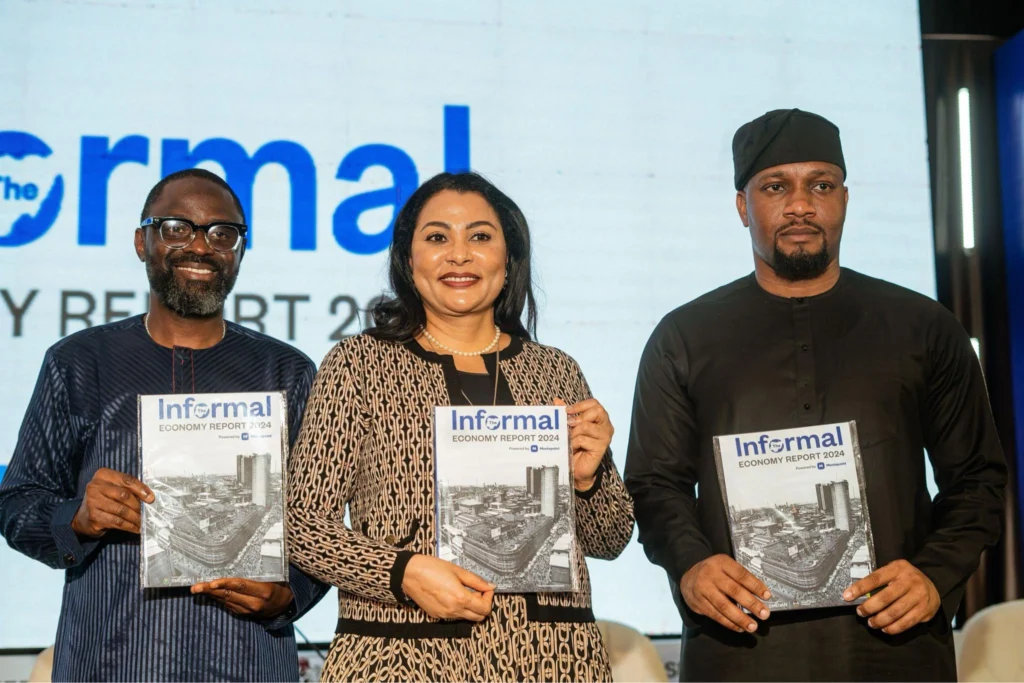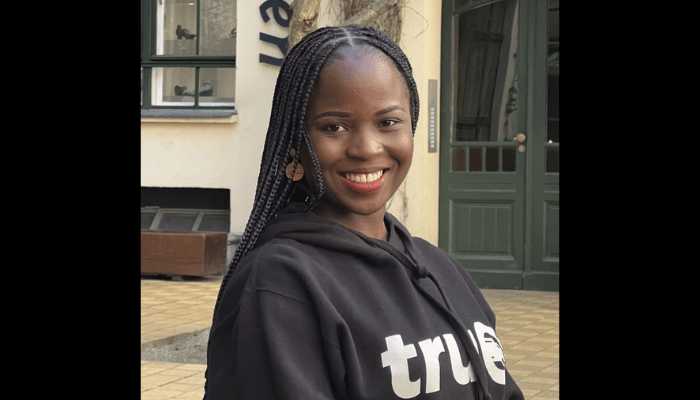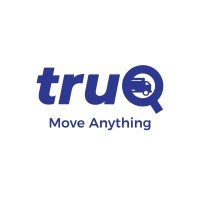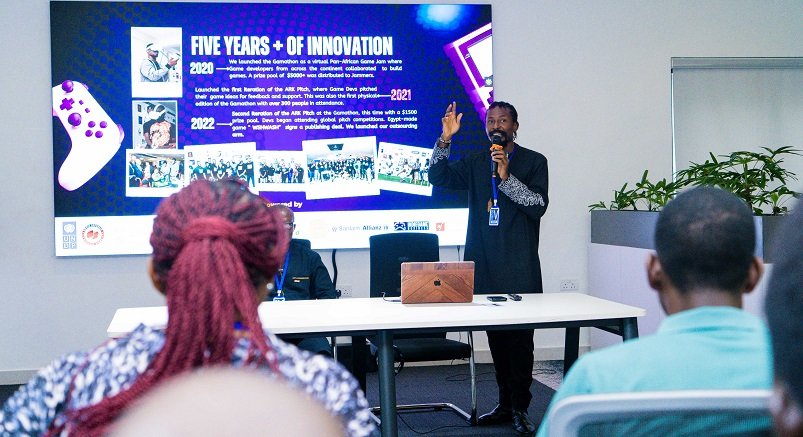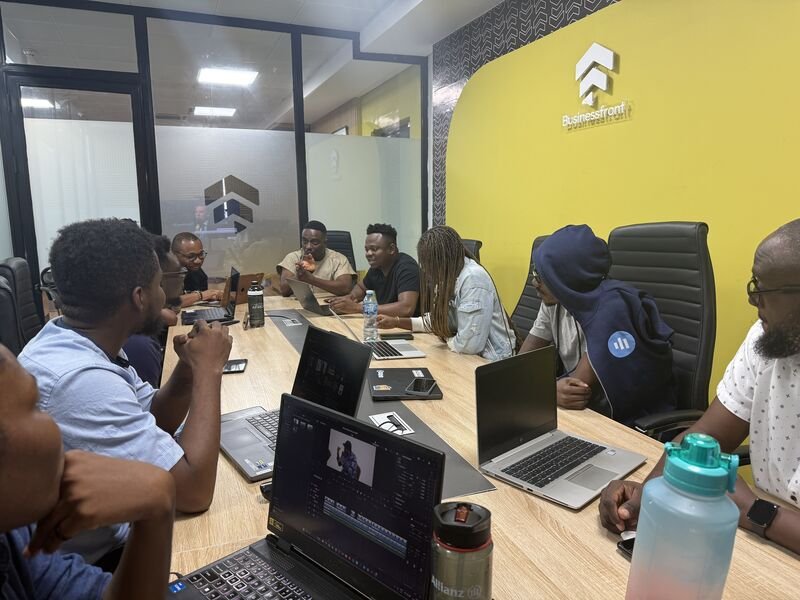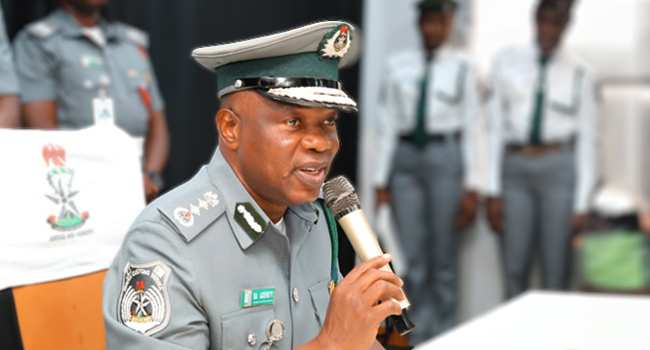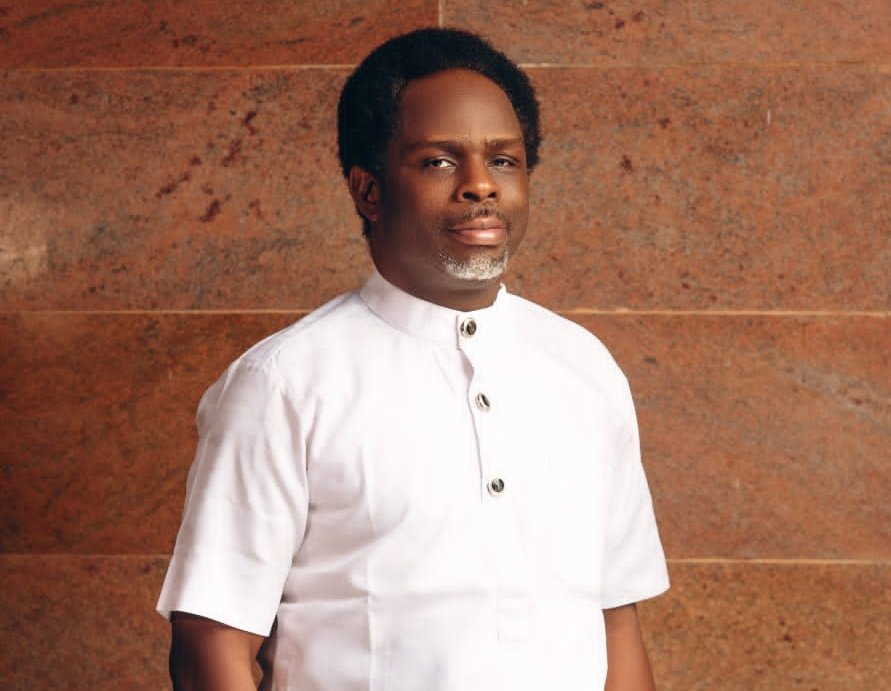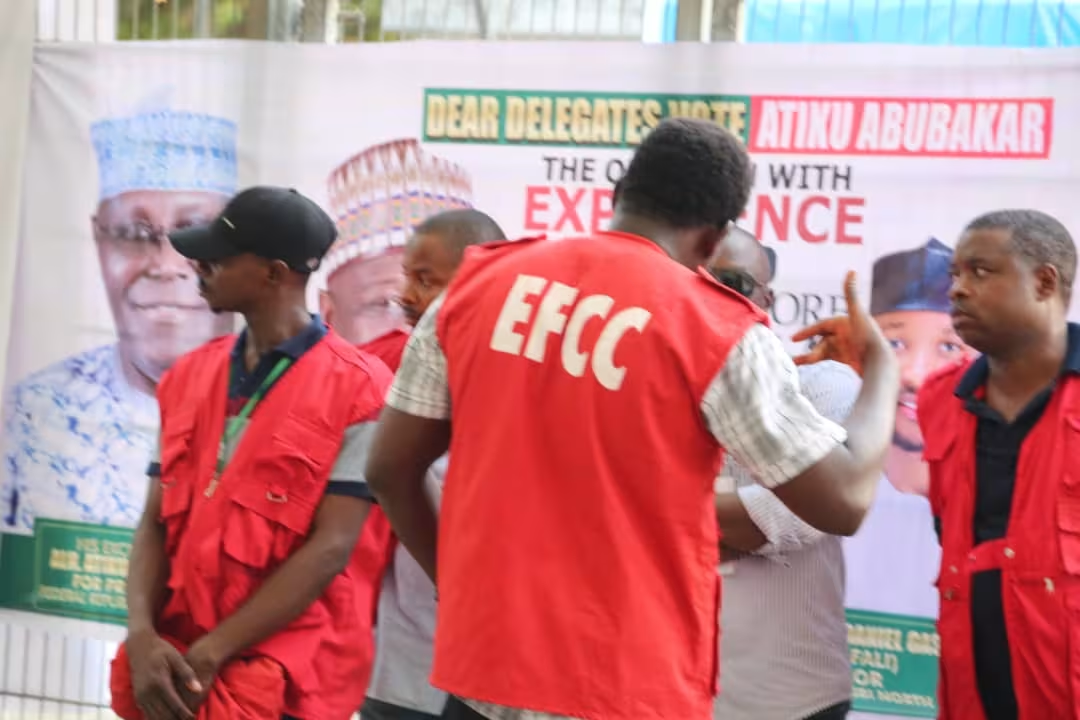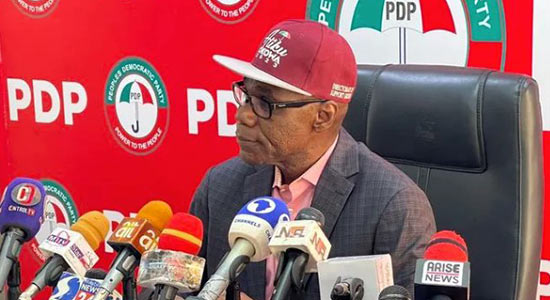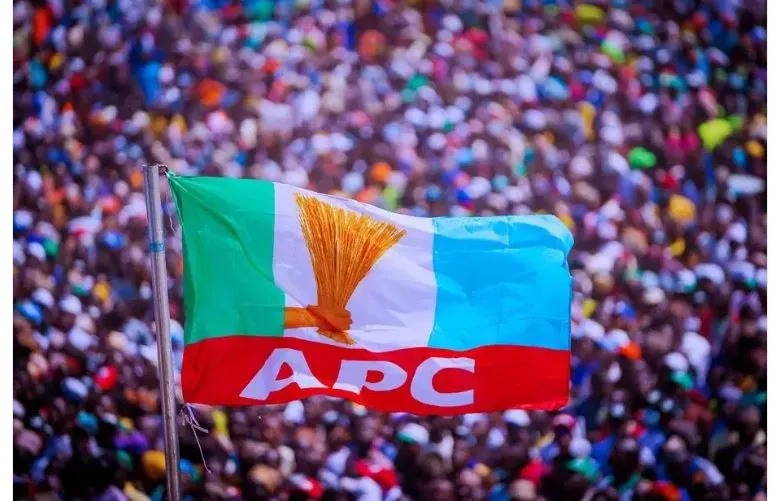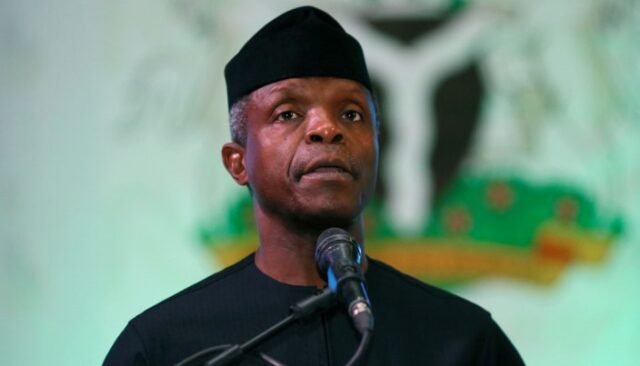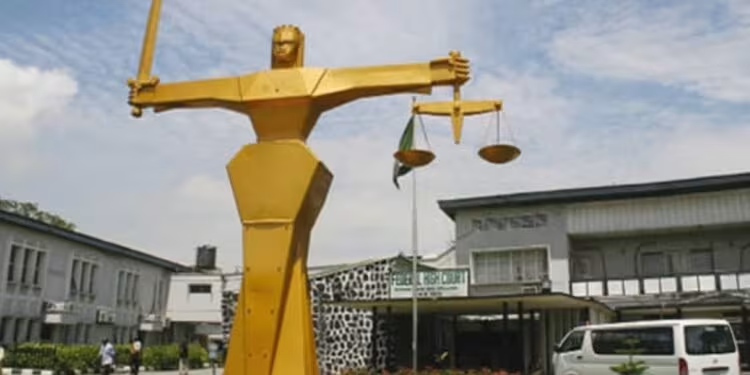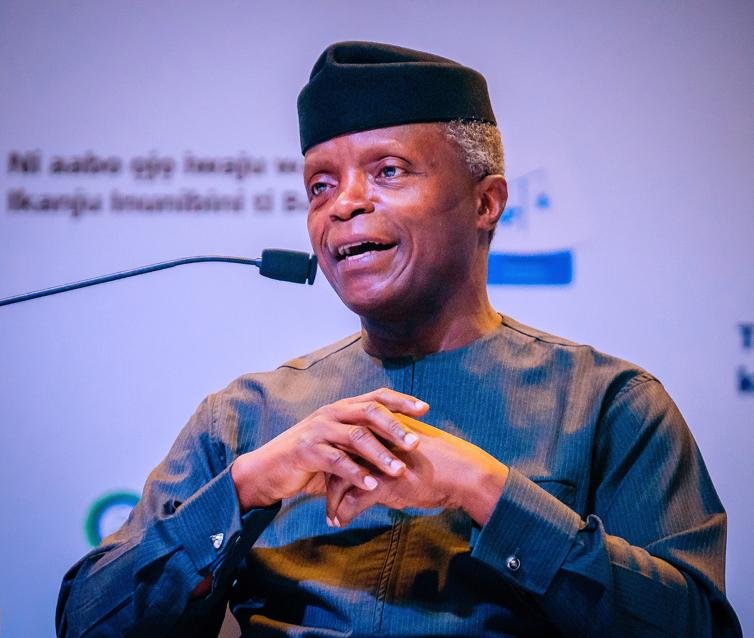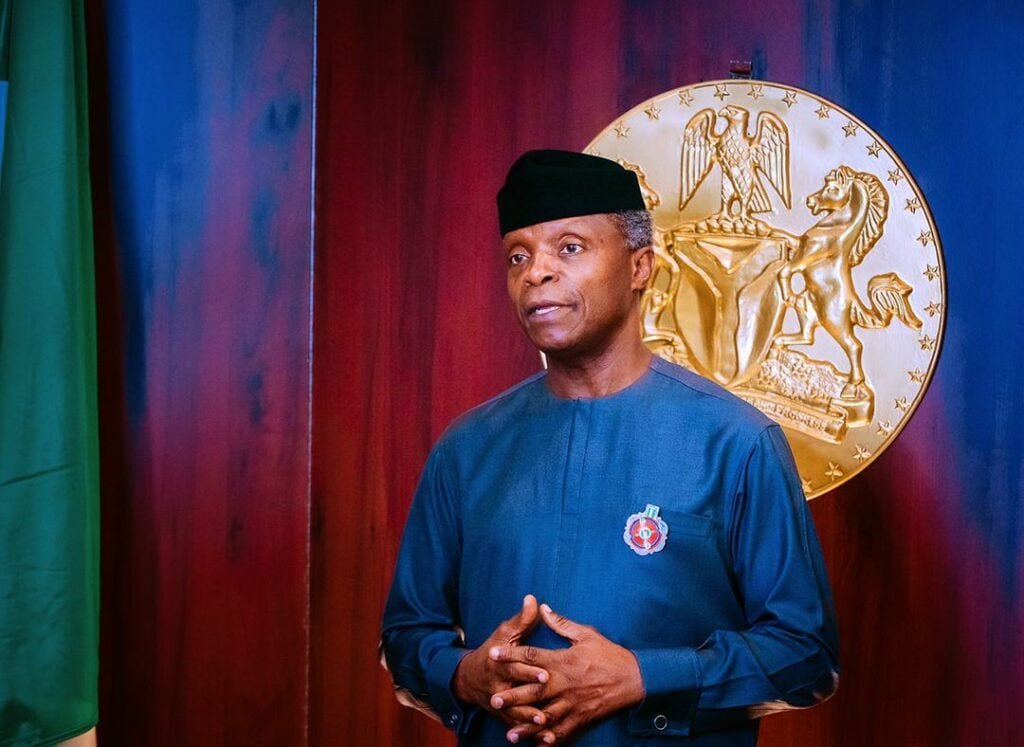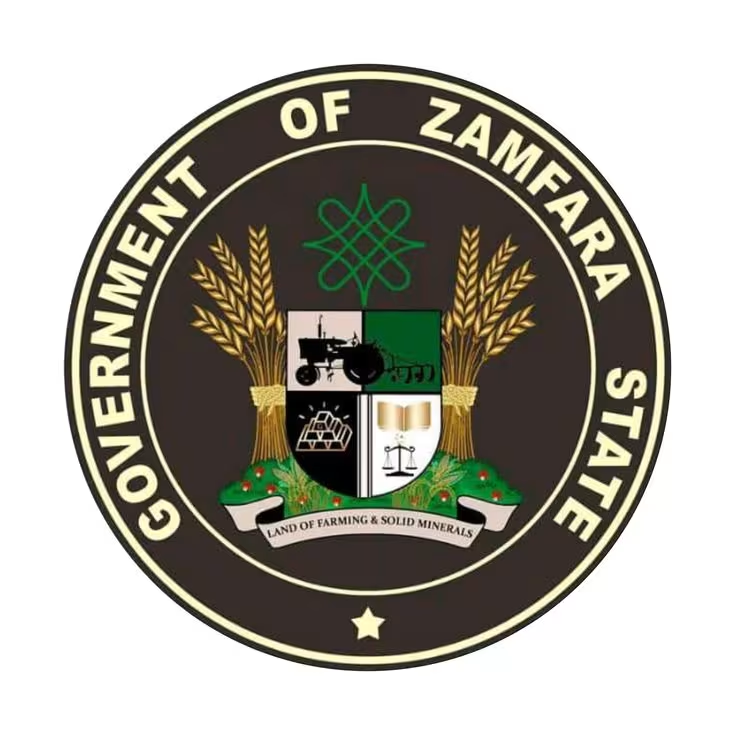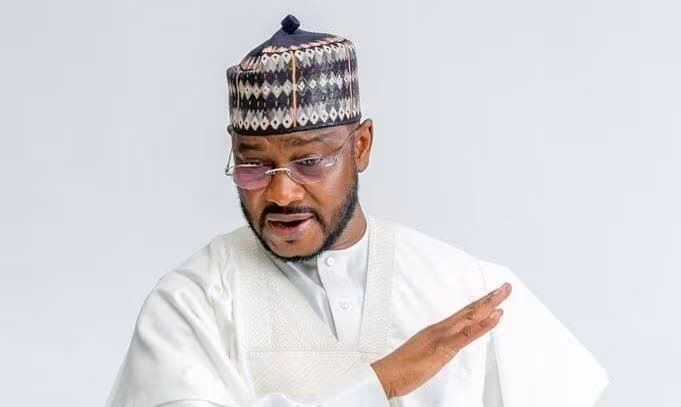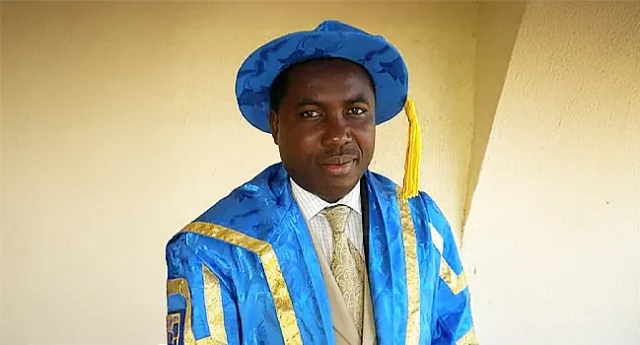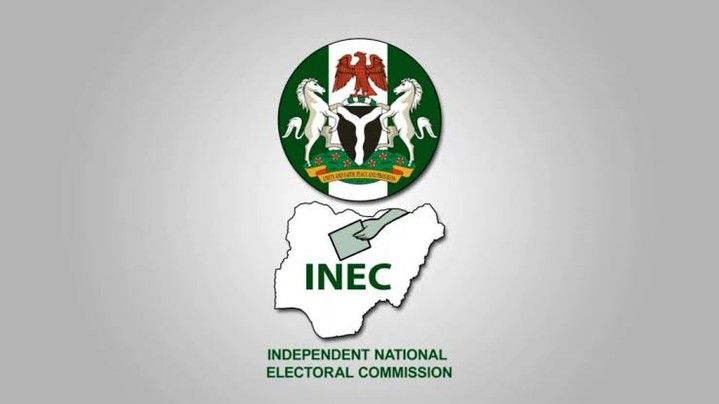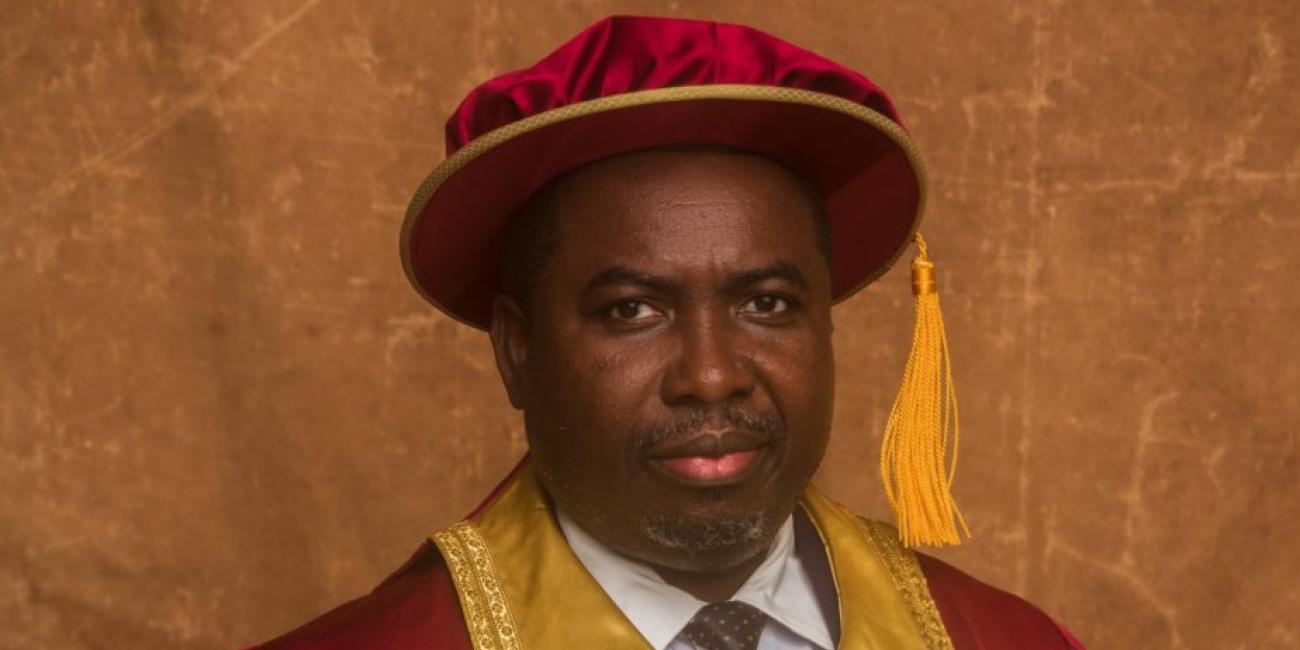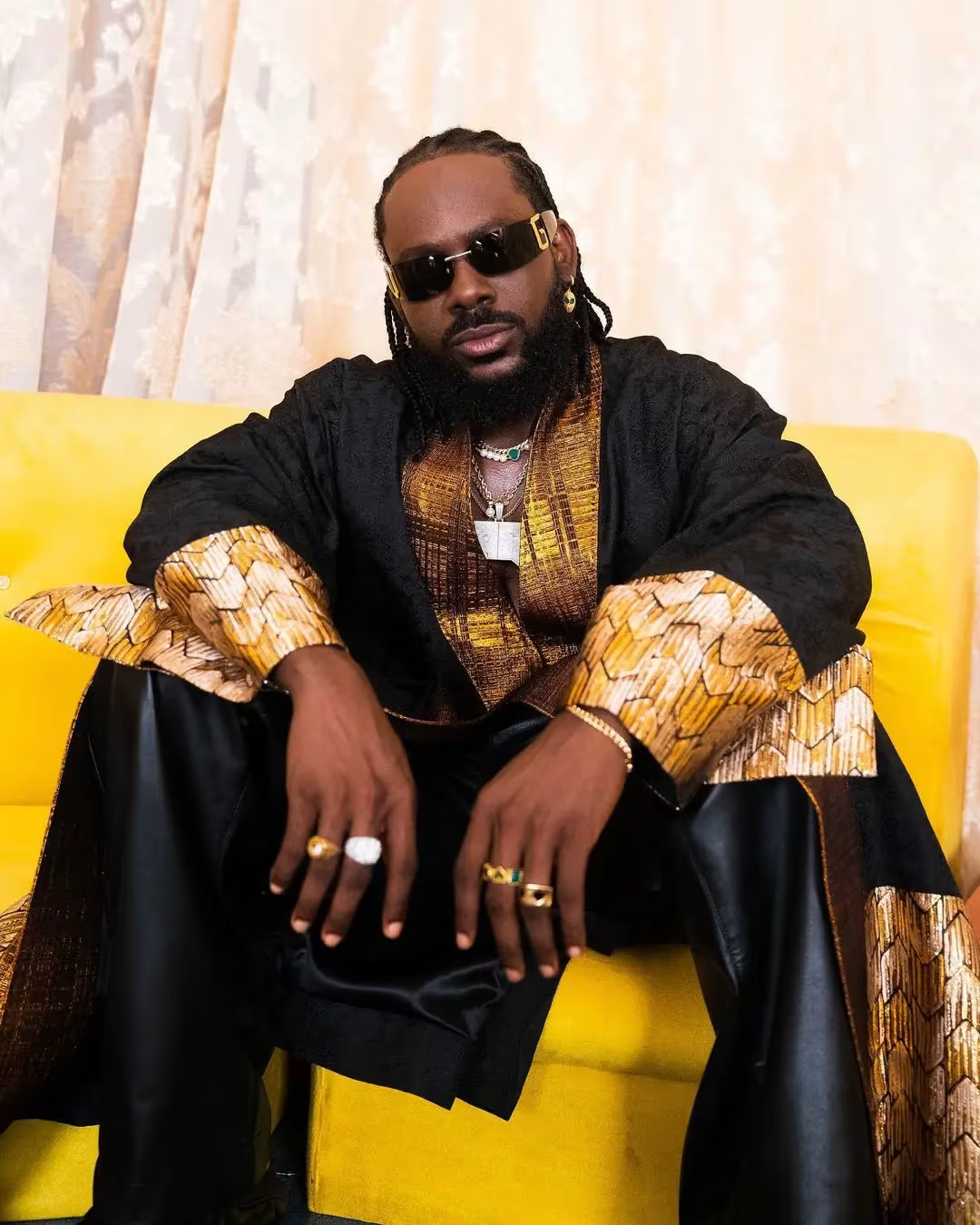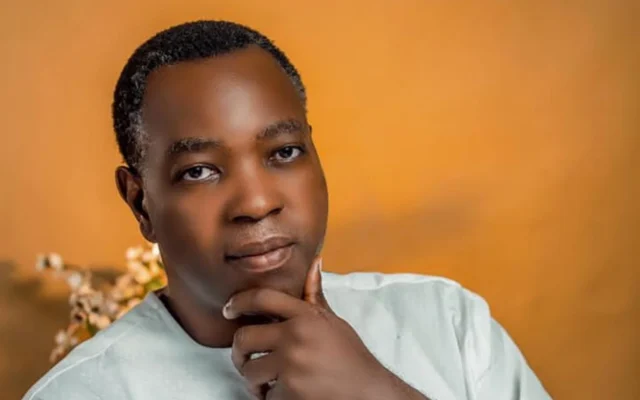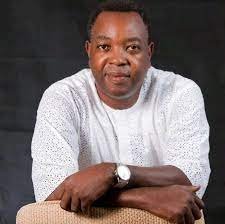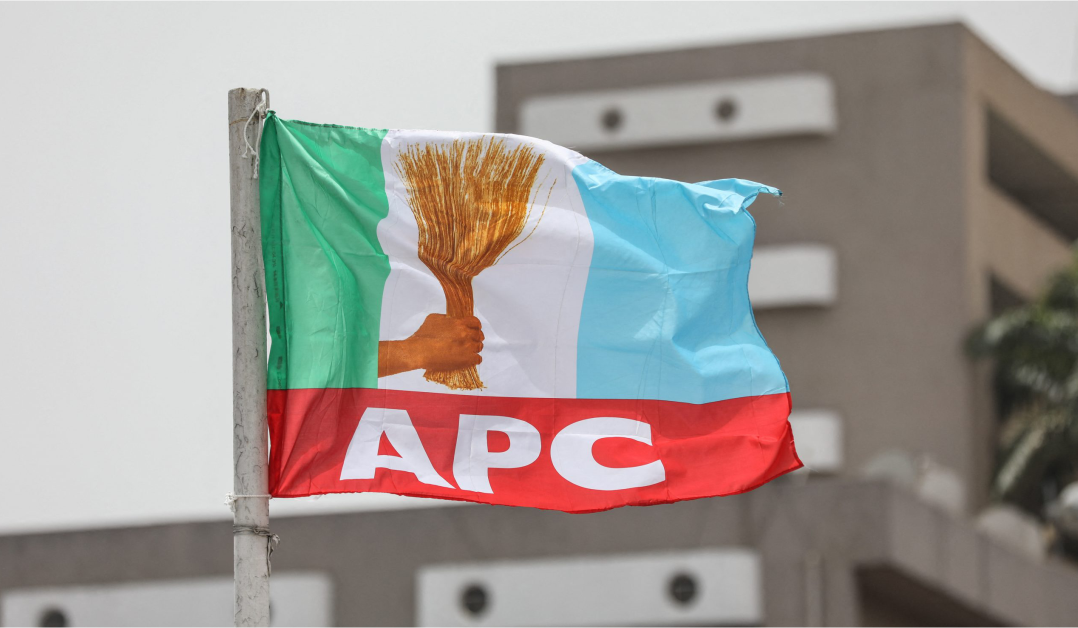OpenAI Sounds Alarm: Unveils Worldwide AI Scam Network
In a bold move, OpenAI has lifted the lid on what appears to be an expanding web of artificial intelligence–assisted scams circulating across the globe. According to the company’s Intelligence and Investigations unit, organised criminal actors are adapting existing scam techniques, weaving AI into fraudulent schemes, and targeting unsuspecting users in a variety of markets — including Nigeria.
The revelations were shared via a LinkedIn announcement made recently by the OpenAI Global Affairs team, supported by remarks from Jack Stubbs, who leads investigations in the company’s anti-fraud division. During a recent session at the OpenAI Forum titled Scams in the Age of AI, Stubbs disclosed how the firm is simultaneously battling AI-enabled crime and equipping users with defensive tools to stay safe.
“Scammers often rely on AI to streamline existing schemes rather than invent new ones,” he noted.
Over the past year, OpenAI says it has helped dismantle scam operations in countries such as Cambodia, Myanmar, and Nigeria. The company identified networks using fake job offers, bogus investment platforms, and AI-aided coordination tools to lure victims. Stubbs laid out what he calls the “ping, zing, and sting” sequence — where a scam begins with an initial contact, moves into psychological manipulation, and ends with the fraudulent extraction of money or data.

Table of Contents
AI: Tool for Both Crime and Defence
While the dangers are real, OpenAI emphasises that AI is not solely a weapon for scammers. In fact, usage patterns suggest many people turn to ChatGPT to verify, challenge, or detect suspicious claims. Stubbs revealed that there are nearly three times more scam-detection queries on ChatGPT than there are misuse attempts by bad actors.
This insight shifted how OpenAI frames its anti-scam strategy: giving users accessible, trustworthy AI tools may do more damage control than strictly policing violations. “AI needs to be part of the solution, not just part of the problem,” Stubbs argued.
In line with this philosophy, the company is scaling up educational outreach and partnerships. One such collaboration is with Older Adults Technology Services (OATS), under AARP in the U.S., to offer older individuals training and support through the OpenAI Academy — an initiative designed to build confidence and digital safety skills in vulnerable populations.

What This Means for Nigeria and Other Vulnerable Markets
Nigeria, already a frequent target for cyber fraud, features prominently in OpenAI’s disclosures. The kinds of scams flagged — job offer fraud, investment traps, and phantom business opportunities — are well known locally, but the infusion of AI amplifies their reach and speed.
Because scammers can now scale messaging, mimic writing styles, and coordinate complex fraudulent narratives through AI, traditional red flags (e.g., grammatical errors, awkward phrasing) become less reliable. This dynamic raises the stakes for Nigerian tech users, job seekers, and small investors, who may already operate under some digital literacy constraints.
OpenAI’s stance suggests that governments, regulators, and tech firms must collaborate to tighten oversight — including detecting suspicious AI‐driven operations and enforcing accountability. At the same time, equipping citizens with countermeasures and literacy is indispensable.

Striking a Balance: Governance, Education, and Accountability
The challenge ahead lies in balancing innovation with protection. AI, including models like ChatGPT, holds enormous potential for social good — but without guardrails, bad actors will exploit its power. OpenAI’s dual approach — exposing illicit activity and reinforcing user safety — is a case in point.
In practice, this means:
- Strengthening oversight — regulators should monitor AI-enabled platforms for misuse, enforce sanctions, and require transparency from providers.
- Building literacy — widespread digital education, especially in regions like Nigeria, must include how to recognise AI-augmented scams.
- Embedding safeguards — AI platforms should integrate scam detection prompts, anomaly alerts, or usage patterns that raise red flags.
- International cooperation — scams easily cross borders, so law enforcement, tech companies, and civil society need cross-border coordination.
By exposing these AI scams and pushing for safer engagement with ChatGPT, OpenAI is betting that empowering people is just as important as policing platforms. In the Nigerian context, where cyber fraud is already a systemic concern, this signal must not be ignored.
Join Our Social Media Channels:
WhatsApp: NaijaEyes
Facebook: NaijaEyes
Twitter: NaijaEyes
Instagram: NaijaEyes
TikTok: NaijaEyes





































